Preparing Plants for Winter
When the leaves fall from the trees, and lawn mowing is a distant memory, most homeowners put their yards on the back burner until spring. However, there is a lot that can be done to assure that spring doesn’t bring some unpleasant surprises when it comes to your favorite plants due to over-wintering insects, harsh weather conditions and deer. Mead Tree & Turf Care can help with preparing your plants for winter by providing any of these solutions.

Horticultural oil is a material approved by the Organic Material Research Institute (OMRI) and poses few risks to people or most desirable species, including beneficial insects such as lady bugs. Horticultural oil works by coating the air holes through which insects breathe, causing them to die from asphyxiation and is excellent at safely controlling certain types of over-wintering pests. Armored and soft scale insects are target pests, as well as mite and aphid eggs that overwinter in cracks and crevices of woody plants. The ideal time to apply is in late fall or early spring when day-time temperature hover around 55 degrees.
Anti-desiccant sprays protect plants from excessive water loss through the leaves and soft buds. The combination of cold drying wind, fluctuating temperature from very cold to warm and sunny causes what is known as ‘winter burn.’ Plants suffering from winter burn will have brown needles or leaves. An important point is that anti-desiccants do not protect the plants from freezing. Vulnerable plants include most broadleaf evergreens and shrubs such as newly planted hollies, boxwood and southern magnolia. The spray coats the foliage, preventing moisture loss. The coating should be applied when temperatures are above freezing for at least 24 hours. The coating wears off at temperatures above 50 degrees and may need to be re-applied throughout the winter.
Deer repellent
While deer can be an issue all year round, they can cause significant damage in the winter months when food sources become scarce. There are many methods for protecting plants from hungry deer. One option is to install temporary deer fencing or to wrap trunks on smaller caliper in early October trees with plastic drain pipe, to act as a physical barrier against rubbing. This kind of barrier may be used alone or in conjunction with deer repellent sprays and bittering agents. Deer repellant sprays are often derived from predator urine such as coyote. These sprays tend to be offensive to many customers and we will often recommend a bittering agent instead. A bittering agent is sprayed on the foliar of the deer’s favorite plants. The deer may sample one of these plants but will leave it alone once they taste the product. Heavy feeding pressure requires 3 treatments. Consider planting shrubs that deer avoid such as boxwood and barberry. Here are more tips for dealing with deer issues.
Preparing your plants for winter can help assure that spring doesn’t bring disappointment from insect, weather, and deer damage.
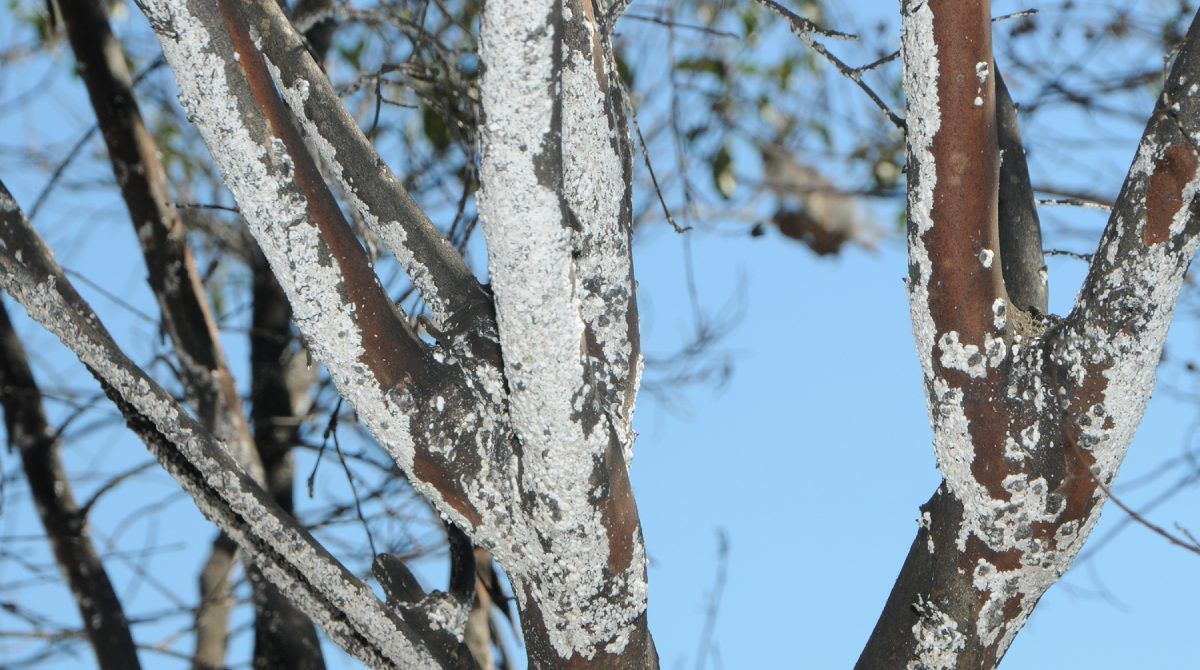
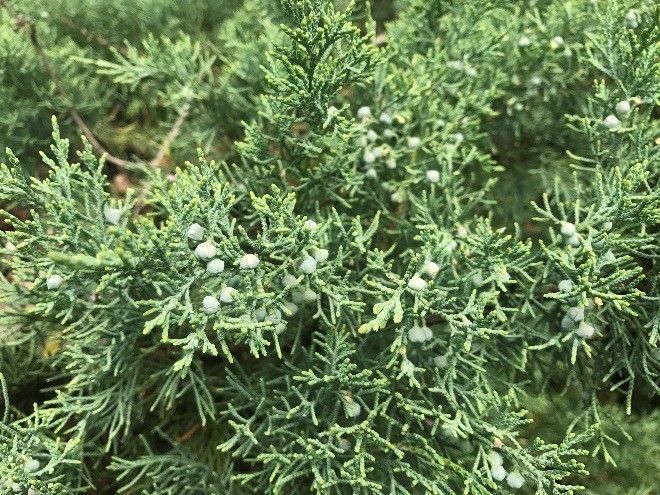
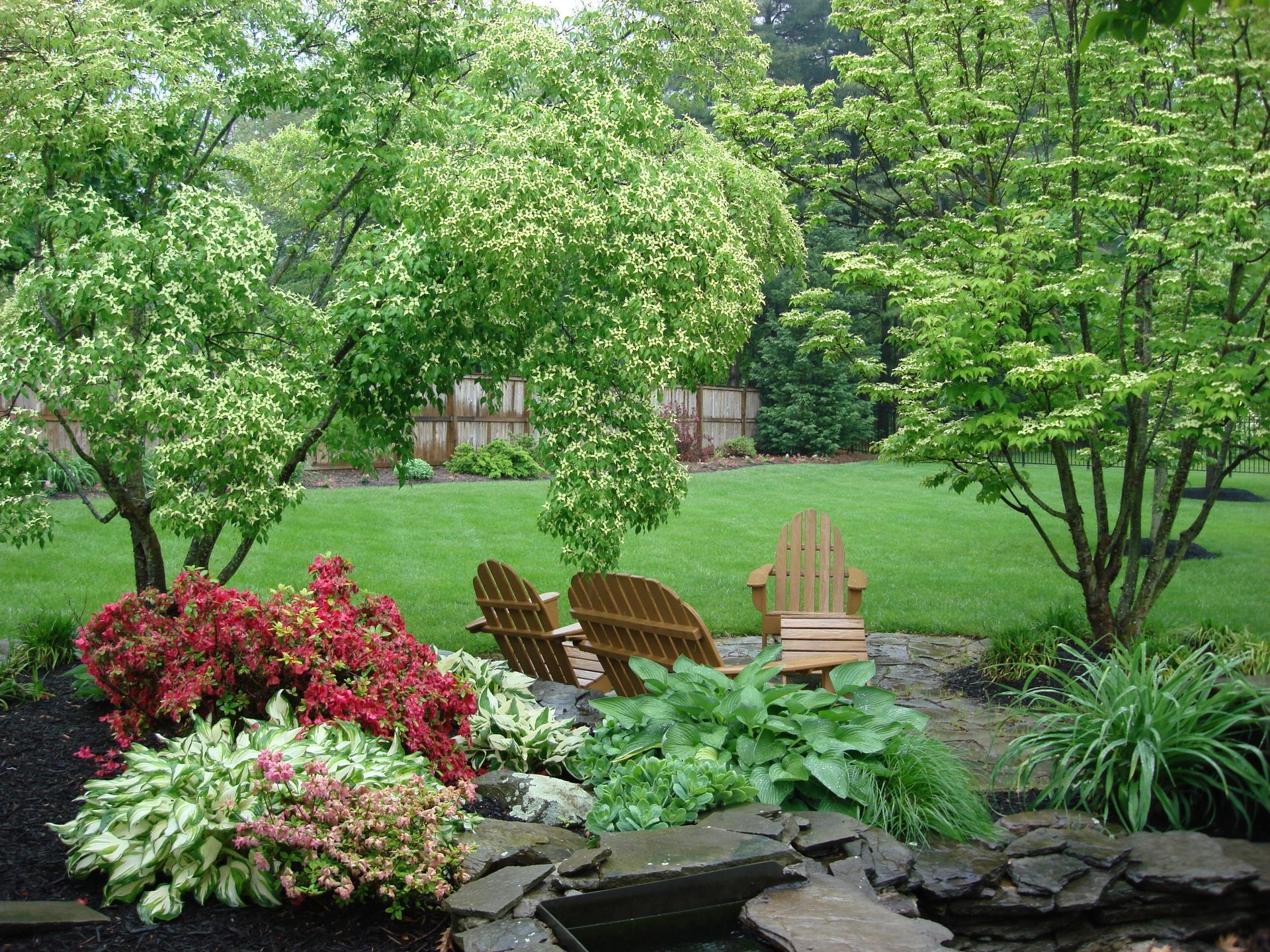

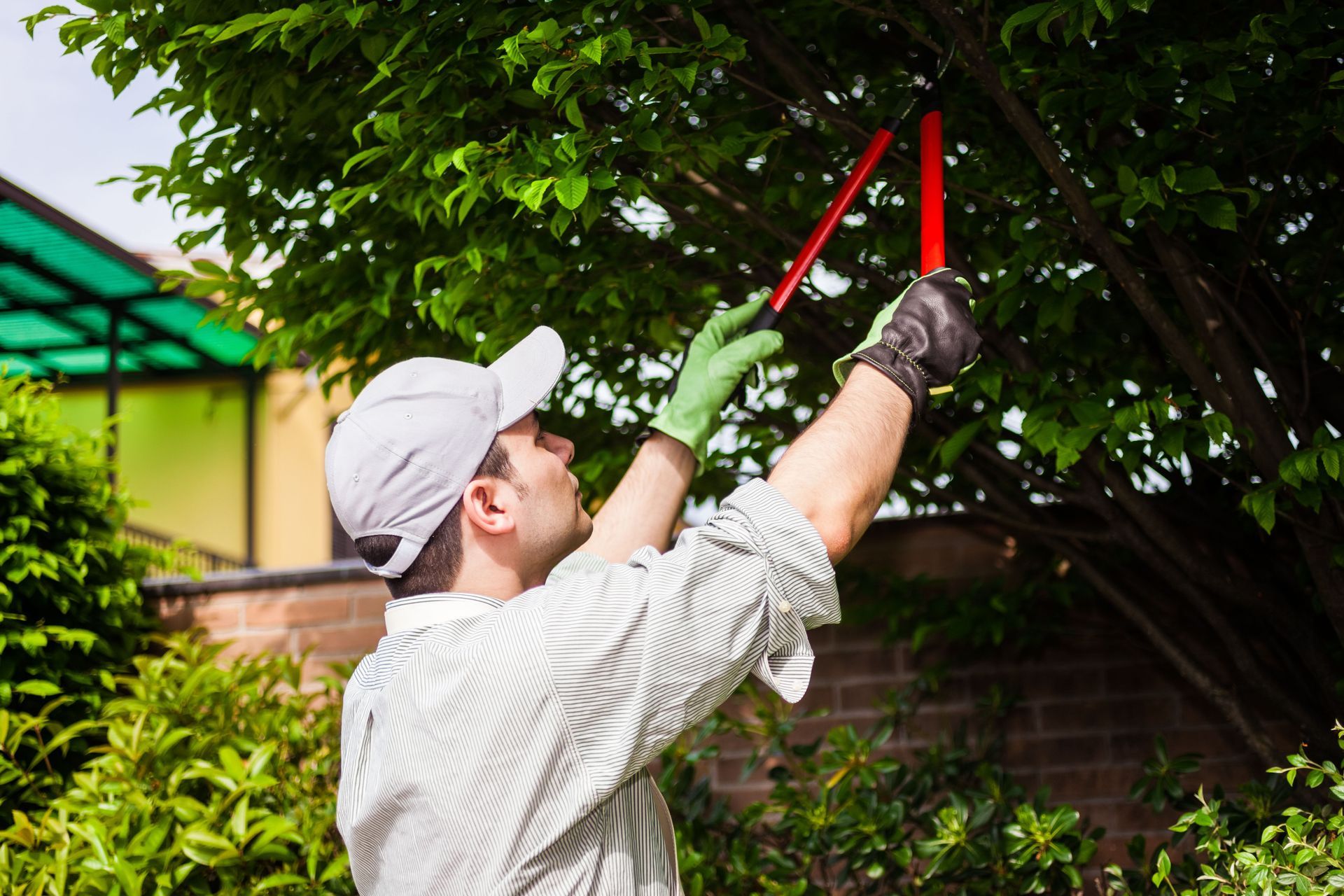
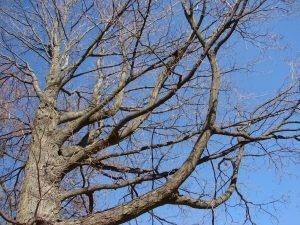


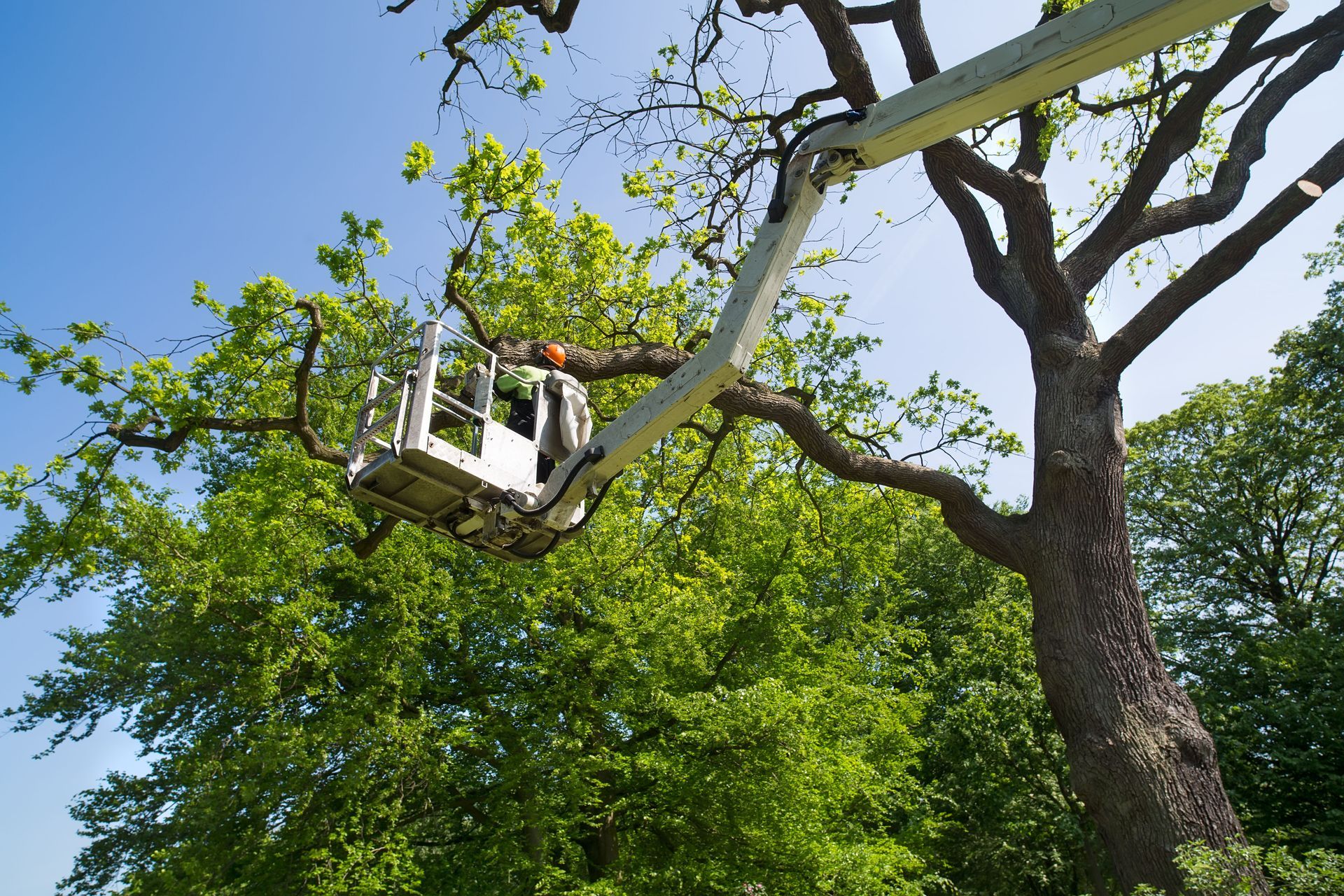
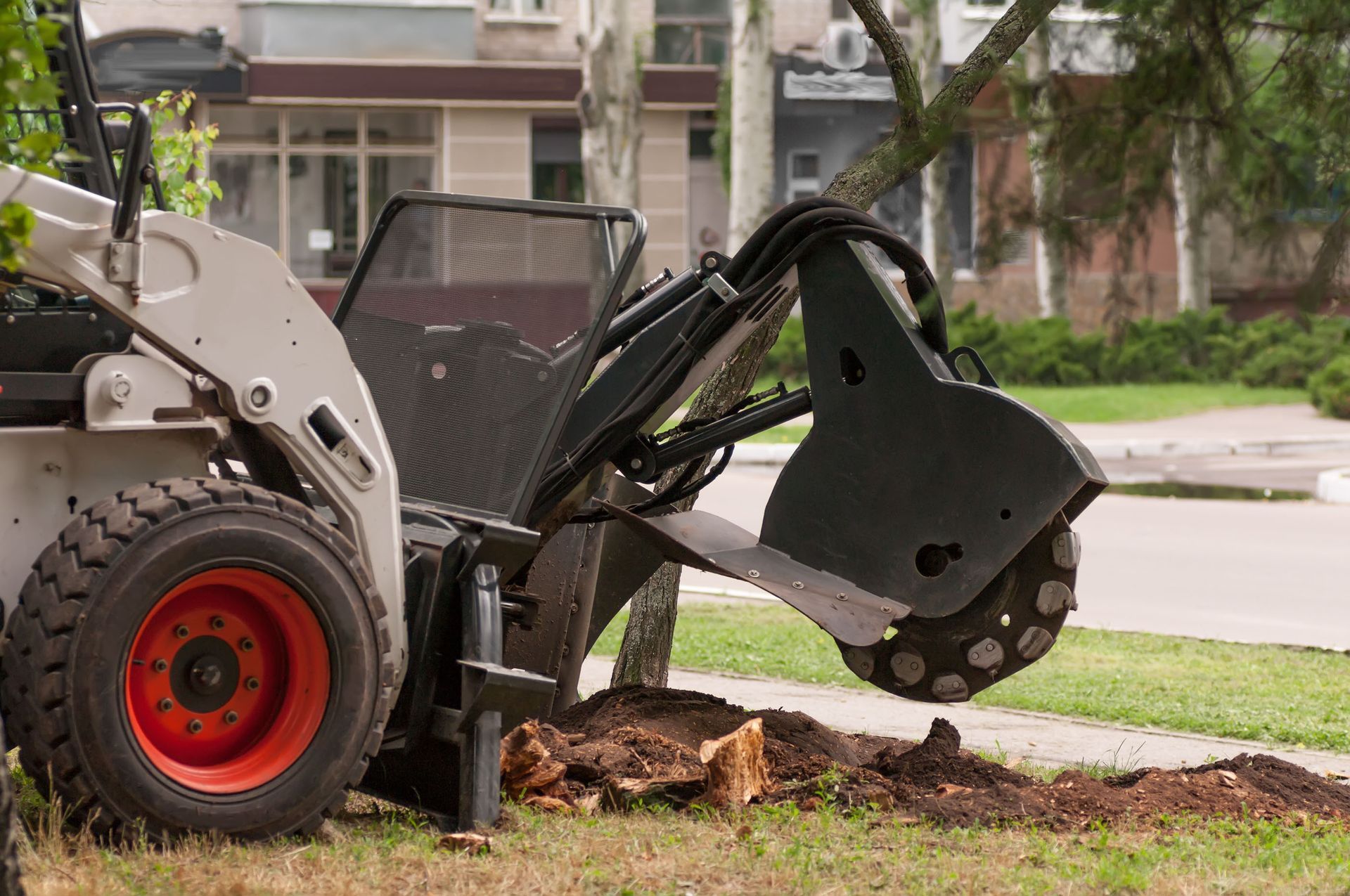

Share On: